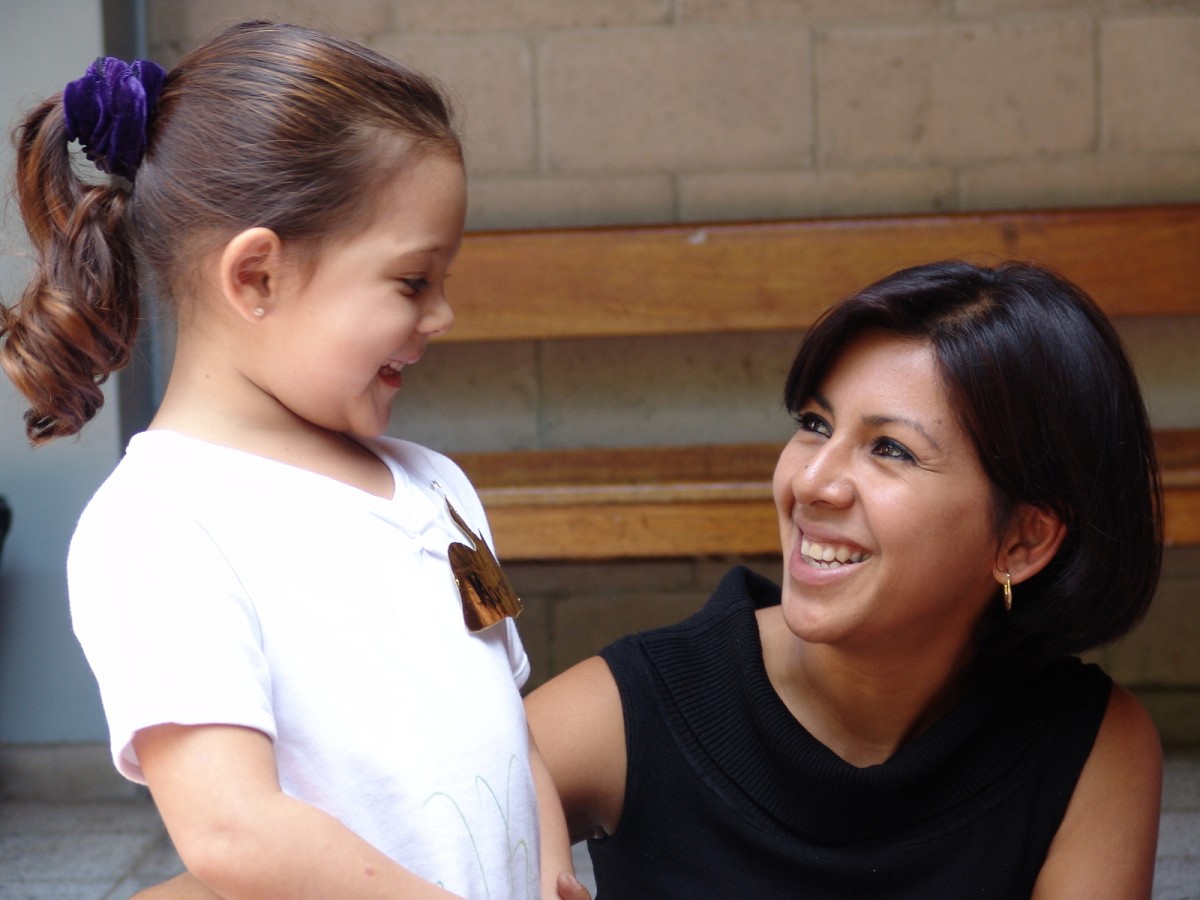Attending outstanding nurseries does not always lead to better outcomes for children
According to a recent study conducted by researchers at the Centre for Economic Performance (CEP) at the London School of Economics, the University of Surrey and University College London it reveals that children being taught by a qualified teacher or early years professionals only slightly show higher levels of achievement. Also, children attending an outstanding nursery has limited benefits.
The Report ‘Nursery Quality: New evidence of the impact on children’s outcomes talks about how staff qualifications and ratings of settings cannot predict the quality of early years education. Research from this study shows that having a member of staff qualified to graduate level has only a tiny impact on children’s outcomes. Many childcare providers argue that this is untrue
Data from 1.6 million children who were born between September 2003 and August 2006 was used during this study. Infomation from their early year’s settings was compared to their attainment levels at the end of the reception year.
It showed in the report that children who attended an outstanding nursery or one which employs a graduate were only just one-third of point higher compared to children who attended other nurseries.
The report explains that “quality does not affect childcare, Rather, they mean that conventional ways of measuring quality, such as Ofsted ratings and staff qualifications do not influence educational outcomes in most setting types”
With government introducing the increased 30hrs of free childcare, it is imperative that providers can demonstrate high-quality experiences for children, as this will lead to better outcomes for children.
To read the report click Quality in Early Years Settings and Children’s School


EYFS results have many inputs. What about end of nursery year assessments and 2 year prog checks related to setting outcomes?
Has the likelihood of nursery classes and schools with teachers located within deprived areas been considered? This would skew results.